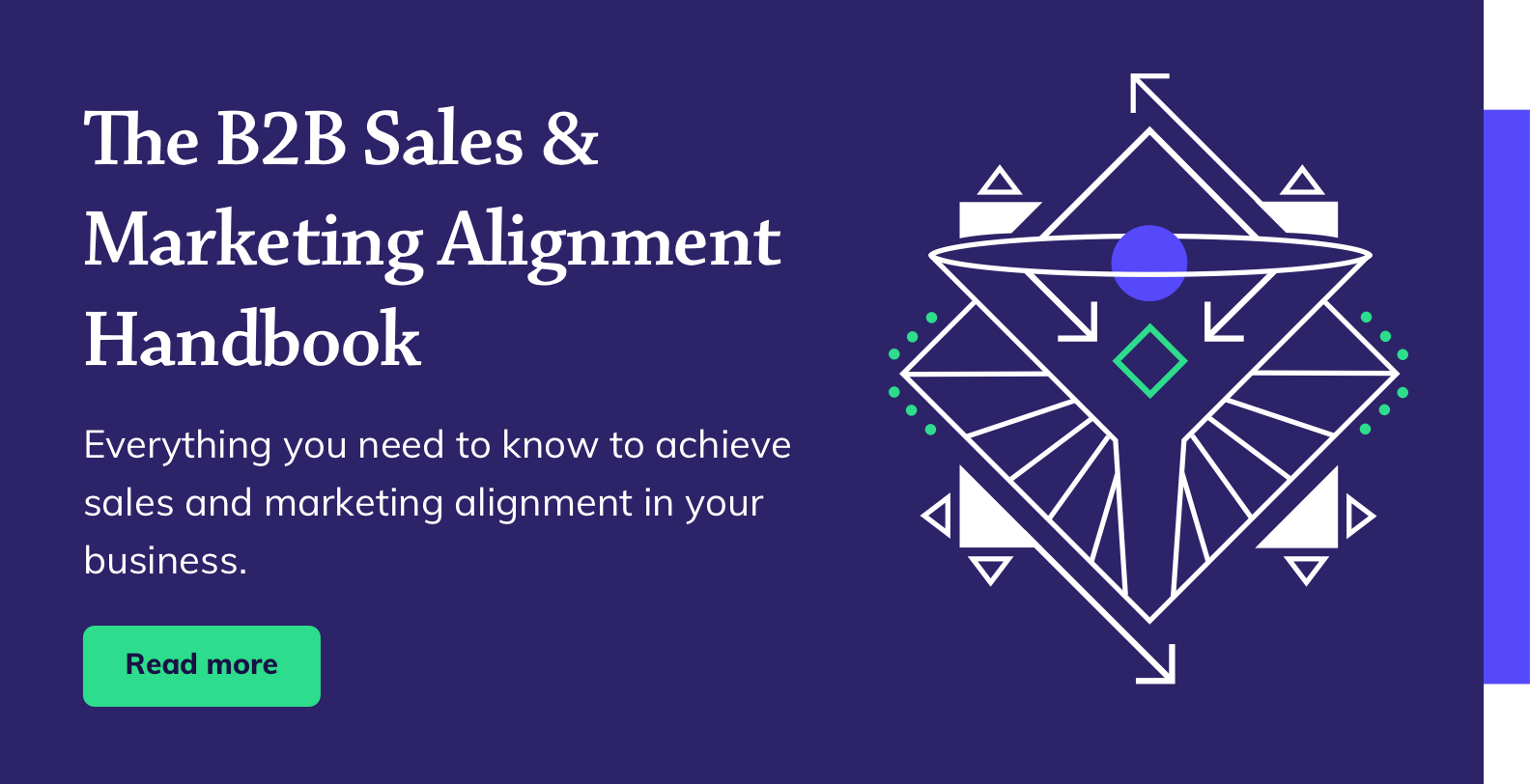B2B buyers of technology are now able to research and educate themselves about products and solutions online. That means traditional sales methods being ignored. Businesses need to adapt, and Inbound Sales is the answer.
It's all thanks to the Internet and powerful search engines like Google. Buyers are now empowered and better able to reach informed decisions, often before they've even encountered a salesperson; and that's the way they like it.
So, are sales people still needed? Absolutely, but the sales process has to adapt to the new reality.
Here are five reasons why moving to an inbound sales methodology will breathe life back into the sales success of your B2B tech company.
1. Sales results are better when you're buyer-centric
Traditional sales were centred around the needs of the company, its products and services.
Contact was often outbound and tended to be one-size-fits-all. The same messaging was spread to as many people as possible in the hope that it would resonate with someone, at some point.
The power in the buying and selling process has shifted from the seller to the buyer.
As access to information has increased, buyers are rejecting direct sales approaches in favour of more consultative ones.
This means salespeople must personlise the entire sales experience to the buyer's situation in order to build relationships and gain trust.
Adapting now is especially important because by 2020, customers will manage 85% of their interaction with the enterprise without interacting with a human. [Source:Gartner]
Recognise that the customer is in the driving seat and provide them with the right information to get them heading in your direction.
2. Smarter sales are made when your sales people are helping, not selling

Knowing where a potential customer is in the buyer's journey allows sales to engage in more appropriate contact.
As an example, you wouldn't want to set up a face-to-face meeting with someone who's not even a qualified lead yet.
A salesperson's time is valuable and it should be spent helping those who have demonstrated strong buying signals.
Inbound Sales will help you to manage activity more appropriately and empower your sales team with better information.
3. No more missed opportunities
Sending that important follow-up email, responding quickly to an enquiry and being responsive is easy when you've got time. But what happens when it's busy and everyone is stretched? Opportunities get missed.
A big part of inbound sales is the automation of personalised communication and the creation of lead nurturing workflows.
Statistics show that responding quickly and then regularly over an extended period of time results in better conversion rates. It also means your business is less exposed to lazy sales practices.
Scripted found that 44% of salespeople give up after one follow-up call, but 80% of sales require 5 follow-up phones calls after the meeting. [Sources: Scripted, The Marketing Donut]
Here are some more really eye-opening statistics that illustrate the value of smart sales practices:
- Research shows that 35-50% of sales go to the vendor that responds first. [Source:InsideSales.com]
- If you follow up with web leads within 5 minutes, you’re 9 times more likely to convert them. [Source: InsideSales.com]
- 63% of people requesting information on your company today will not purchase for at least three months – and 20% will take more than 12 months to buy. [Source: Marketing Donut]
- Only 25% of leads are legitimate and should advance to sales. [Source: Gleanster Research]
- Companies that automate lead management see a 10% or greater increase in revenue in 6-9 months. [Source: Gartner Research]
HubSpot have a great blog post covering 107 hard-to-believe sales statistics which makes for good reading.
Inbound Sales will help you make the most of every opportunity
4. Demonstrate your unique ability to help a buyer
Buyers are more likely to be impressed by a company that's uniquely suited to helping them.
Providing buyers with relevant content, delivered at the appropriate time, builds confidence by demonstrating a desire to help prospects overcome their challenges.
Those that spend more time helping and less time selling will benefit from higher conversion rates and longer relationships:
- Nurtured leads produce, on average, a 20% increase in sales opportunities versus non-nurtured leads. [Source: DemandGen Report]
- Companies that excel at lead nurturing have 9% more sales reps making quota. [Source: CSO Insights]
- Nurtured leads make 47% larger purchases than non-nurtured leads. [Source: The Annuitas Group]
- Companies that automate lead management see a 10% or greater increase in revenue in 6-9 months. [Source: Gartner Research]
- Companies that nurture leads make 50% more sales at a cost 33% less than non-nurtured leads. [Source: Forrester Research]
An inbound sales methodology will result in lead nurturing processes that are automated and contextualised to the buyers needs.
Inbound Sales will help you position your company as one to trust
5. Be part of the future, not the past
In the past, marketing and sales were often at odds with one another.
The future recognises that marketing and sales are both essential ingredients in the success of a business.
A marketing and sales approach that works regardless of the length of sales-cycles and in response to the buyer's position in the journey, from unknown prospect to customer and promoter, will result in a robust and scaleable business generation machine.
To dig deeper into Inbound Sales there is some great training provided by HubSpot, the marketing automation software company. You will find the training here.





